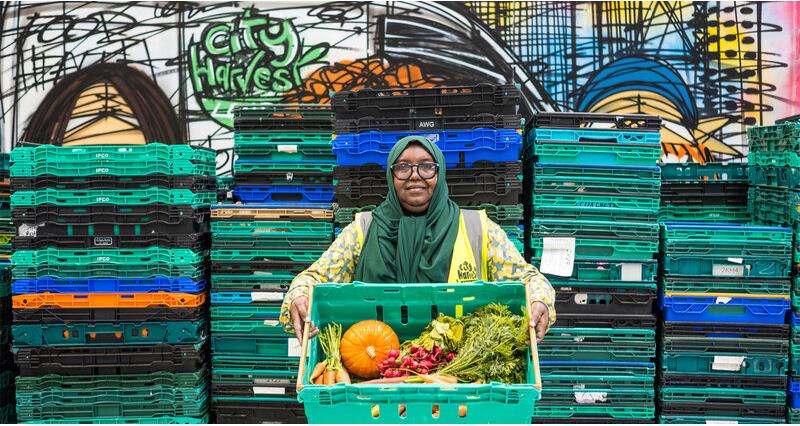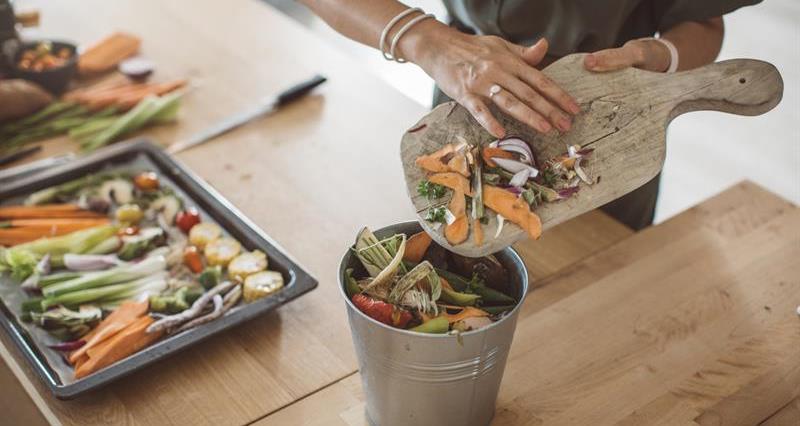British farmers and growers have been faced with heavy rainfall and subsequent flooding which started in late autumn and continued through Christmas and into the New Year. Areas which were severely impacted range from the North of England, the Midlands and the East of England, affecting a range of crops from carrots and brassicas to potatoes and arable crops.
We all know flooding has a devastating impact on farms; it affects the quality, yield, and the ability to get onto the field to harvest crops. As a result, produce affected by floods may not meet the conventional criteria set out in often stringent retail specifications which can lead to a surplus of perfectly edible but visually ‘imperfect’ produce.
The pressures of adhering to retail specifications during times of crisis can exacerbate the challenges faced by farmers at an already difficult time.
Supermarkets agree to take smaller produce
It’s reassuring to see that several retailers have recognised the need to support farmers by altering their specifications to accept produce which has seen its shape and size impacted by the recent flooding events.
Most recently, Tesco announced that they would be temporarily accepting smaller sprouts, cauliflowers, cabbages and leeks to help UK farmers. The supermarket giant acknowledges the rainfall and poor growing conditions mean that winter vegetables may be slightly smaller than usual but will continue to have the same great taste.
Asda and Waitrose have also now made allowances in their specifications for fresh produce and others will be following suit.
“This collaborative approach from the supply chain enables farmers to find the solutions and to ensure that during these testing times, they can continue to supply high-quality British produce to consumers.”
NFU Food Business adviser Annabel Bagshaw
Having flexible specifications assists in throughput of produce into the food chain. It means farmers are able to continue supplying retailers and the supermarket has availability of British produce on the shelf.
Reducing food waste
Not only does having flexible specifications support farmers, but it also avoids unnecessary food waste. By making use of what produce is available, even if it sits outside of the usual specification requirements, means less produce is left in the field to rot.
Over many years, stringent quality specifications have embedded a buying culture in consumers to expect cosmetically perfect looking produce. By embracing a more flexible approach it also encourages a shift in consumer attitudes towards appreciating the natural variations that occur in agriculture due to variables such as climate and allows farmers to utilise the whole crop.
Agriculture is often at the mercy of ever-changing weather events. As we experience more frequent, extensive and extreme droughts or floods, I hope to see continued support for farmers.
This collaborative approach from the supply chain enables farmers to find the solutions and to ensure that during these testing times, they can continue to supply high-quality British produce to consumers.





